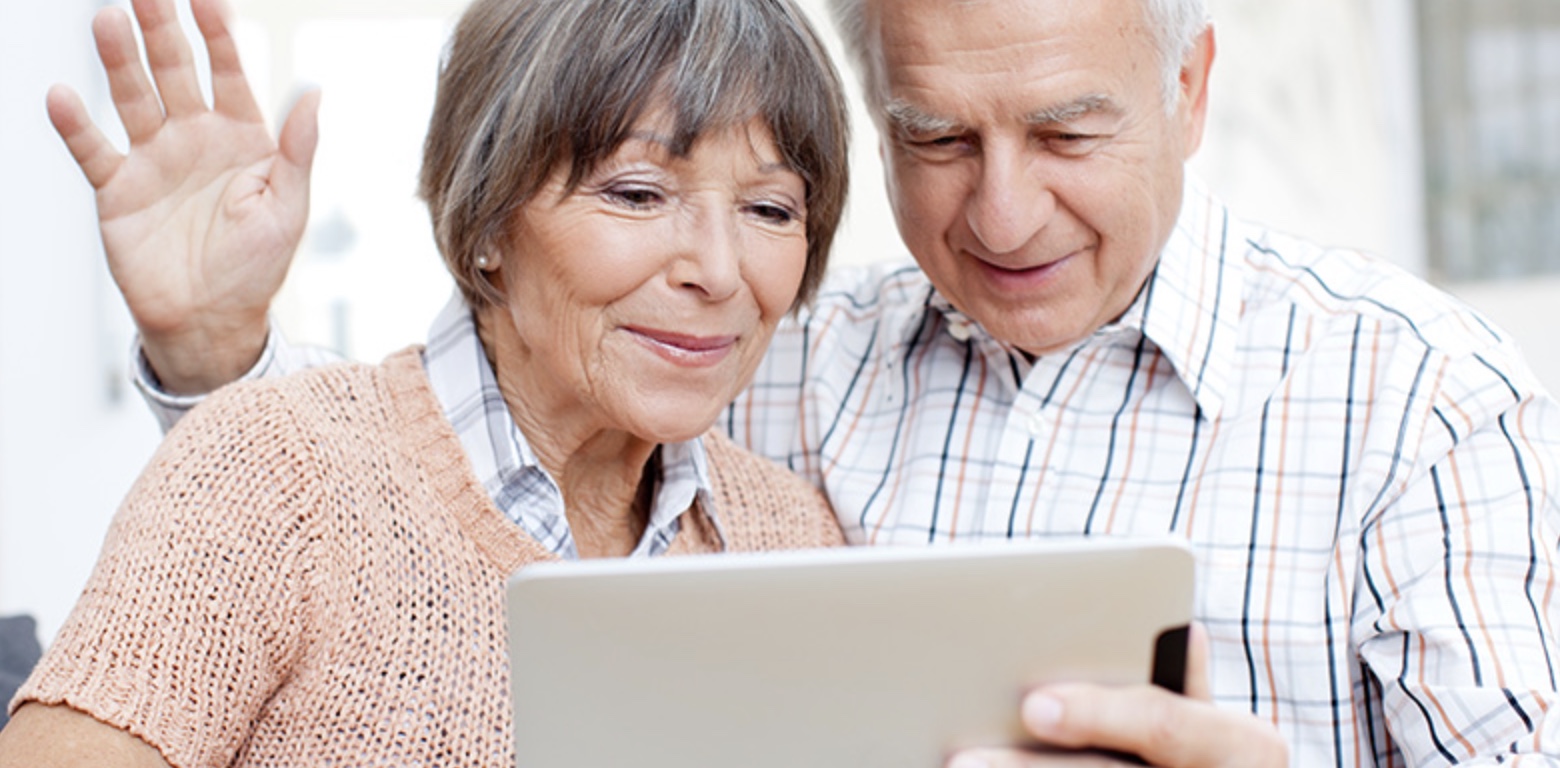Looking after an ageing parent can be challenging. It is undoubtedly a stressful experience to ensure that your parent is comfortable and cared for. Across the states, there is a reported 40.4 million unpaid caregivers to adults aged 65 years and older. Within that statistic, many are caring for their ageing parent.
Caring for an ageing parent will always be a challenging role to have. However, caring for an ageing parent can provide an additional challenge to overcome when you do not live close by to visit. It could be that they live in another state or live an hour’s drive away. Living far away from them means that not only do they have fewer chances of seeing them, caring for them presents unique challenges.
There is the reduced in-person contact a person has with their parents. This limited contact can cause a person to experience feelings of guilt and worry as they cannot visit as often as they ideally like. They may have concerns about their parents’ well-being, concerns about their safety, and eating well and staying hydrated. All of these are hard to check on when you do not live close to check-in.
Since their understanding of their parents’ well-being is only as much as their parents share, it is hard to know when they need to step in and help. As a result, it can be hard for them to make informed decisions about asking for more help to keep their parents safe and comfortable.
For those looking for ways to help care for their elderly parents from a distance, here are several ways that can enable you to provide the support you want to offer.
Reader's Roadmap
Understand The Options Available
Many ageing parents do not want to leave their homes. They do not want to lose their independence by moving to a retirement home. If moving closes to their parents is not an option or ageing parents move closer to their children, finding options to ensure they are safe and well are a priority. Here are a few options available to consider helping your elderly parents when you do not live close by.
Independent Living Options
Many ageing parents view moving into a retirement home as not an option. Some see it as giving away their freedom, whilst others do not want to move. Alternative options include independent living. It provides a person with the privilege of having their own space but offers their children peace of mind that they are in a safe environment. One where they can access care when needed.
There is an abundance of choices available, like these independent living options at St. Anne’s. Residents can live comfortably in their own space, providing them with their cherished independence. It can help you feel more reassured
Invest In A Caregiver
For parents that do not want to leave their home, consider investing in the help of a caregiver. It could be an informal caregiver, a person who offers support with preparing meals, taking them to medical appointments and doing their grocery shop. If your parent requires more care, then professional caregivers can visit your ageing parents on the predetermined schedule created. They will help to assist with different tasks at home.
Know The Alternative Options
There are multiple ways to help an ageing parent from a distance. Knowing what they are can help lift any stresses or worries you have about not being close by. These are just some of the alternative ways to care for your ageing parent when you cannot be there to help.
- Help With Their Finances – If you are comfortable with the responsibility, speak with your parents about being responsible for one of their financial accounts. It means that you will be paying for bills effortlessly on their behalf. Doing this could be beneficial, especially if they have dementia and forget about paying bills on time.
- Learn About Their Medical History – Spend time learning about your parent’s medical history. Ensure that you cover everything from their underlying conditions, both past and present, and current medication and the prescriptions and the dosages they are taking. Knowing this information will be helpful in the event of an emergency.
- Talk About Their Wishes – It can be stressful to think about but there will come a time when you will need to think about final wishes. As worrisome as this is for you, it may also be a stressor to your parents. It is important to open up the dialog around their end-of-life wishes and help them look into their options. This will not only remove the future financial burden from you, but it will also provide them with peace of mind. You can use a retirement planning app to help, allowing you to finalize these things in private if you want.
- Legal Documents On Hand – You want to ensure that you are prepared for an emergency. Living at a far distance emphasizes the importance of being well prepared. It is best to prepare any relevant legal documents to avoid confusion and delays. These documents could be bank account information, insurance information, copies of medical records and the details of any specialized medical staff your parents have.
- Create A Safe Environment – A top concern by any person for their parents is their safety. When you do not live close, it is easy to worry about whether they are safe and well in their home. If you are concerned, consider investing in fall detection devices or grab bars in the bathroom to help them with getting in and out of the bath or shower.
How To Monitor From A Distance
Staying at home is a top priority for many ageing parents. It is primarily due to their independence when living in their own home. When parents choose to stay at home, it can provide its challenges. It makes it challenging to ensure they are safe and have the support they need to help them live their life. Concerned children want to have options to check-in and monitor their parents, mainly because they do not live close by.
Modern technology has advanced tremendously over the years. There are now devices and motion detectors that can help your parents if they were to fall or injure themselves. There are numerous remote monitoring systems available that are a popular choice for many children with ageing parents that want their freedom. A popular choice is movement sensors.
Movement sensors are wearable technology and home-based sensors. It can detect when your parent has fallen, enabling them to push a button for help.
The wearable device is available in various forms. The most popular choices are either a bracelet or necklace with a button to press when help is needed. If your parent were to fall whilst at home, they could press the button, and it will connect them through an operator who will send out the help needed.
If the person who has fallen does not respond in time, the device will alert emergency responders in the monitoring center. A growing number of wearable devices have advanced GPS capabilities built in. These are ideal as they can help make locating the person in need easier.
The Bottom Line
Caring for ageing relatives will always be a challenge when living miles away. It is the constant worry about their health and lifestyle, as it is difficult to check to see if they are fine. If moving closer is not an option, it can complicate the situation.
Putting as many measures as possible to ensure that your ageing parents are happy and comfortable is the most you can do. They will appreciate the effort you are putting in to ensure that they are safe and well. These measures will provide peace of mind that they are being looked after.







Leave a Reply
View Comments